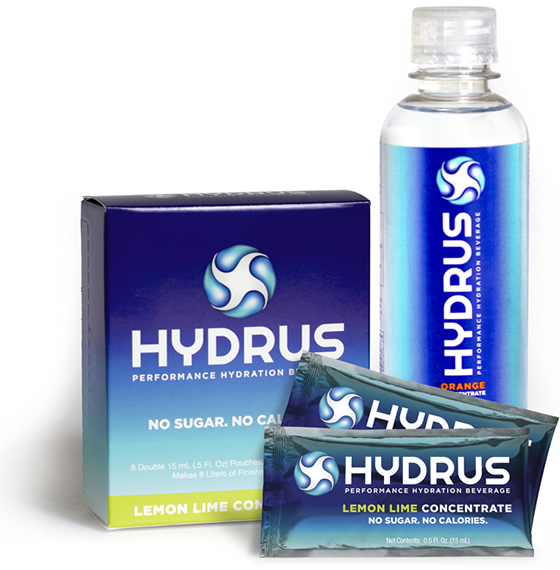For most women taking “the pill” is a part of the regular daily health routine. It’s a practice adopted early on in their lives and extends through their child-bearing years and beyond. But did you know that dehydration plays a significant role in increasing the risk of side effects such as headaches, vaginal dryness, fatigue, and can even cause blood clots?
According to the Center for Disease Control (CDC), more than 60% of women of reproductive age are currently using contraception- and the most common method used is the pill. The CDC estimates that nearly 28% or 10.6 million women use the pill in the US each year.
Can birth control cause dehydration?
While most birth control pills are generally safe and effective for women who don’t smoke, dehydration can increase your risk of developing blood clots. Additionally, it’s common for women who use birth control to experience headaches, fatigue, and vaginal dryness resulting from dehydration.
That’s because oral contraceptives change the way your body releases hormones and regulate water levels. Dehydration is one of the primary causes of blood clots or deep vein thrombosis (DVT). Dehydration causes your blood vessels to narrow and blood to thicken- raising the risk for blood clots. The use of birth control pills or hormone replacement therapy also slows your blood flow and causes clotting.
If a blood clot forms in a deep vein, it can block blood flow and prevent your tissues from draining, causing excess fluid accumulation, which results in swelling and pain in the leg. And, if a blood clot in a deep vein breaks off and travels back to your heart and into your lungs or brain, it can cause a pulmonary embolism and even lead to a stroke.

Your risk of developing blood clots increases if you take birth control, live in a hot climate, exercise vigorously, and regularly take long flights. Athletes, especially those who participate in endurance events like marathons, are at a higher risk of developing blood clots. That’s why it’s crucial to rehydrate before long flights, especially if you return from a hot destination after a sporting event and are dehydrated.
Staying well hydrated enables your body to manage fluid levels throughout the day better. Proper hydration isn’t about how much water you drink; it’s about how much water your body absorbs. And while most clinicians recommend drinking more water, water alone isn’t the most effective weapon against dehydration and preventing blood clots and other symptoms like vaginal dryness, fatigue and headaches.
YOU NEED ESSENTIAL ELECTROLYTES TO DELIVER AND MAINTAIN MAXIMUM HYDRATION THROUGHOUT YOUR BODY.
When your body becomes depleted of essential electrolytes, your cells and organs are unable to function correctly. That’s why drinking water alone isn’t the only weapon against fighting symptoms of dehydration. Your body often needs a balance of both water and electrolytes throughout the day to be “properly hydrated.
Daily Hydration With Hydrus Is The Solution
Hydrus is Performance Hydration Science that hydrates with ABSOLUTELY NO SUGAR.
Hydrus is sweetened with Stevia, uses natural flavors, and contains electrolytes (sodium, potassium and chloride) and Phosphatidylcholine, which is an essential substance found in every human cell.
Using Nanosomes™ to encapsulate electrolytes, Hydrus delivers electrolytes into the bloodstream fast and effectively, drawing in water that hydrates you.

References:
Jamison, Connie, et al. “Analysis of Patient Factors Impacting Duration of Periodontal Maintenance Appointments: An Exploratory Study.” Journal of Dental Hygiene (Online), vol. 88, no. 2, American Dental Hygienists’ Association, Apr. 2014, p. 87.
Blood clot prevention. https://shared-d7-royalmarsden-publicne-live.s3-eu-west-1.amazonaws.com/files_trust/s3fs-public/PI-1113-08-Blood%20clot%20prevention_A5%20booklet_PR.PDF